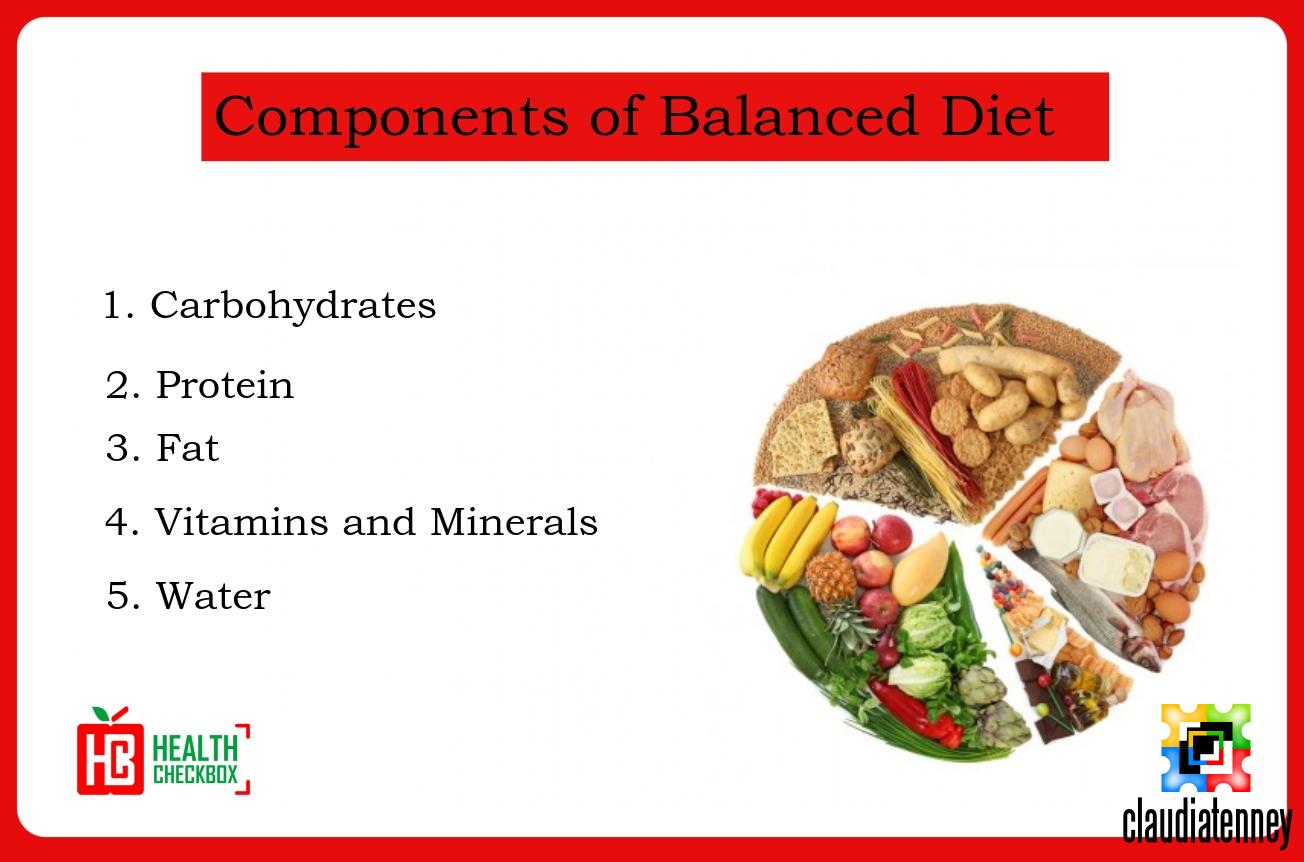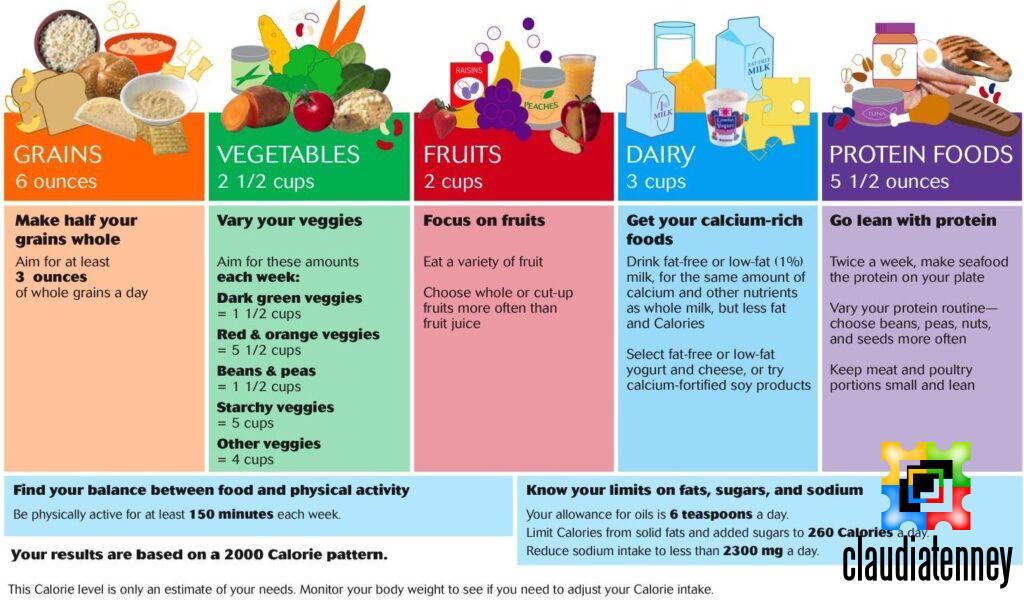Adding more protein to your diet can be a great way to help you stay lean and healthy. While you can get protein from meats, poultry and eggs, you can also get it from vegetables, nuts, and seeds. In addition to these foods, you can also add protein supplements to your diet.
Nuts and seeds
Adding nuts and seeds to your diet is a healthy way to increase protein intake. This super food will also provide you with healthy fats, fiber, and antioxidants. Plus, it tastes delicious.
The nutrients in nuts and seeds can help regulate the body’s energy expenditure, improve blood sugar control, and help you to lose weight. They also offer protection against chronic disease.

Studies have shown that nut and seed consumption is linked to a lower risk of type 2 diabetes and cardiovascular disease. In fact, a study found that those who consumed the most nuts and seeds were 5% less likely to develop type 2 diabetes. In addition, eating nuts and seeds is linked to a lower risk of cancer.
Cottage cheese
Adding cottage cheese protein to your diet has numerous health benefits. It can help you create energy, protect your muscles, and metabolize food. It also helps you feel fuller longer.
The protein in cottage cheese can be increased by adding a few nuts. Almonds contain six grams of protein for each one-ounce serving. You can also add other ingredients such as flaxseed or granola. These foods can add up to 50 percent more protein to the cheese.
Cottage cheese can also be used as a substitute for sour cream and mayonnaise. You can mix it with other ingredients to create a more savory dish.
Lentils, pumpkin seeds and avocados
Having a healthy dose of protein is a good idea, especially for your waistline. Getting your daily recommended intake of protein is a good start, but you can take your game to the next level by including some of the following food items in your diet.
The best source of protein can be found in legumes. They are low in fat and calories, and can be added to a number of dishes. They are also a good source of fiber, which may help lower your cholesterol. Having a healthy dose of fiber can also help promote magnesium, which can help keep your heart healthy.
Red meat, poultry, and eggs
Adding more protein to your diet can help you stay at a healthy weight. Eating the right proteins can also help you prevent illnesses such as osteoporosis, heart disease, and stroke.
Choosing lean cuts of meat and poultry is key to getting enough protein in your diet. Try to avoid processed meats such as sausage, hot dogs, and bacon. These meats are high in fat and sodium. You should also make sure that your meat is stored safely.
The American Heart Association recommends that people eat lean poultry and fish. These foods are rich in protein and omega-3 fatty acids, which support heart health. You can also get healthy protein from cheese, skim milk, and beans.
Grass-fed and free-range diets contain higher levels of protein
Grass-fed and free-range diets contain higher levels of protein, branched chain amino acids, and minerals. They also have greater amounts of fat-soluble antioxidants. These nutrients have been linked to a number of health benefits, including improving cardiovascular health.
Grass-fed beef is a better choice than grain-fed beef, which is generally fed corn and soy. It contains higher levels of omega-3 fatty acids and less saturated fat than grain-fed beef. It also contains more vitamin E. Grass-fed meat is also leaner.
Some people believe that grass-fed beef tastes better. It may also have a nutty or fruity flavor. It is more expensive, however.
Both types of beef are a good source of protein and B vitamins, including selenium and vitamin B12. But grass-fed beef contains more omega-3 fatty acids and less saturated fat. It is higher in vitamin E, which can help reduce the risk of cardiovascular disease. It is also rich in carnosine, which can reduce the effects of stress. This nutrient can also improve cardiovascular function and muscle function.
Protein supplements
Adding protein supplements to your diet may seem like a good idea, but it can have a number of downsides. The first thing to consider is that the nutrient benefits aren’t standardized.
Protein can be found in a number of different food sources. These include lean meats, poultry, eggs, beans, nuts, and seeds.
Although the amount of protein you should eat is based on your age, activity level, and health, most adults don’t need to supplement their diet with protein supplements.
However, athletes and recreational athletes who participate in sports may benefit from taking protein supplements. Protein helps to build muscle mass and improves your metabolism. It also improves the way your body absorbs nutrients.



